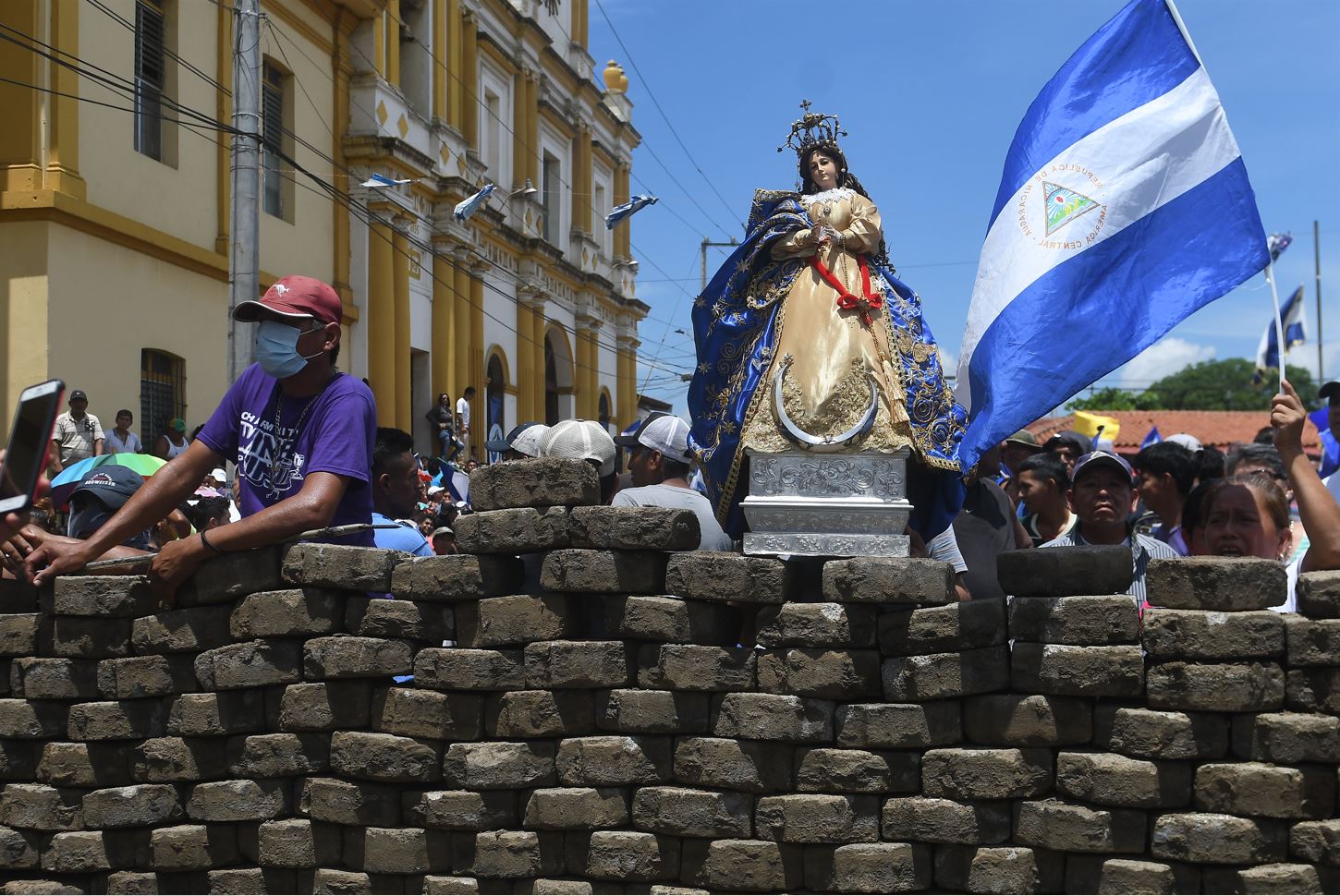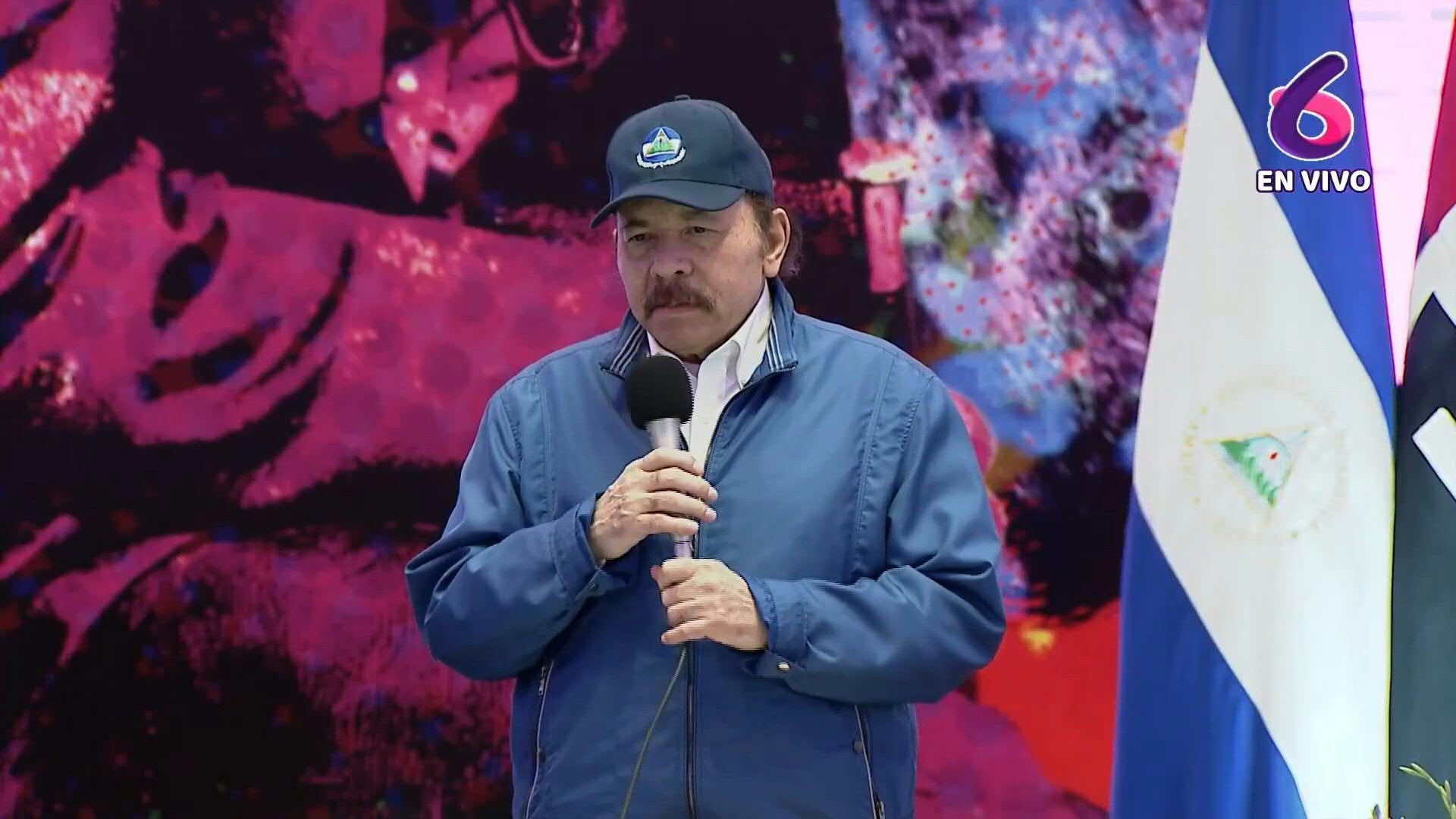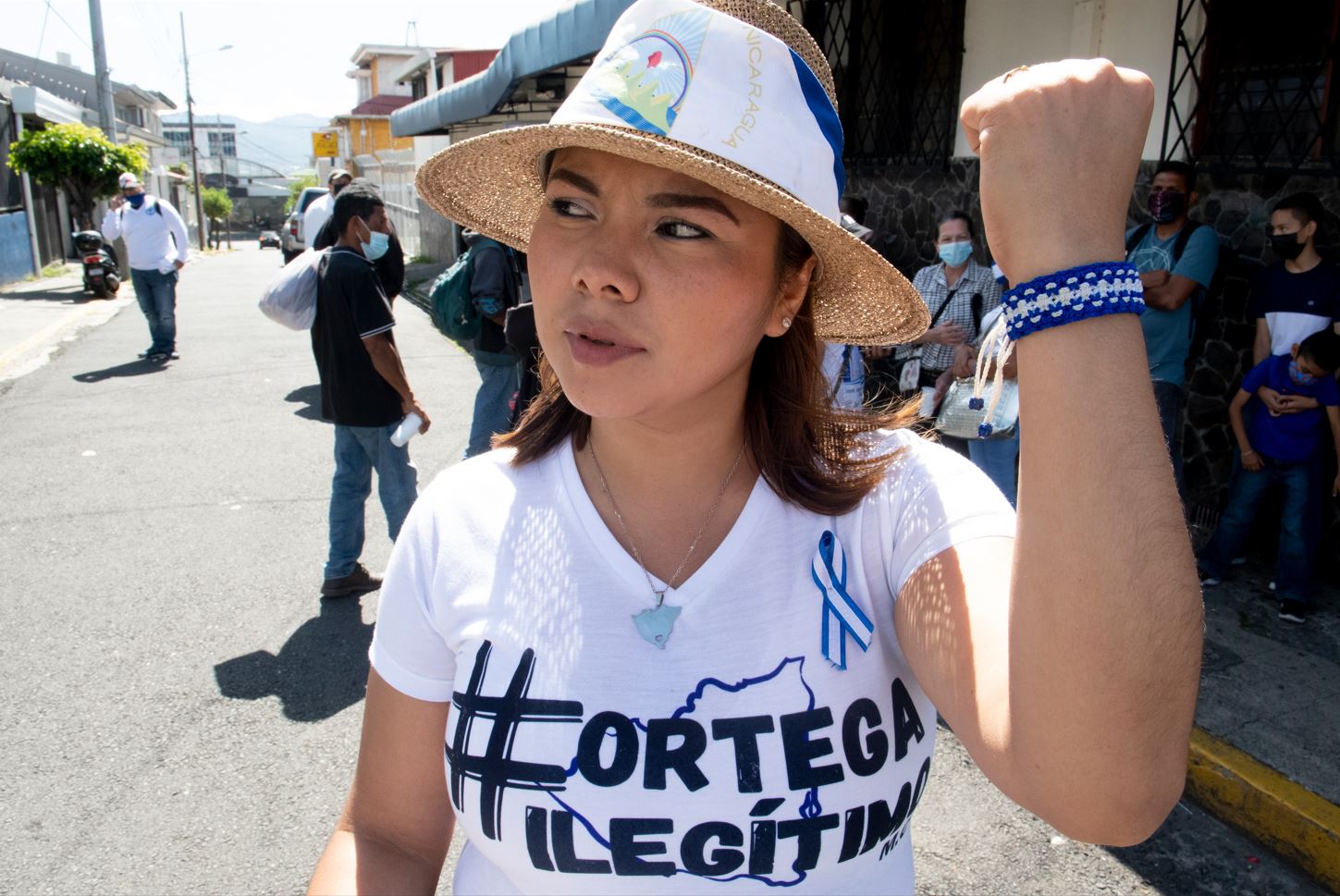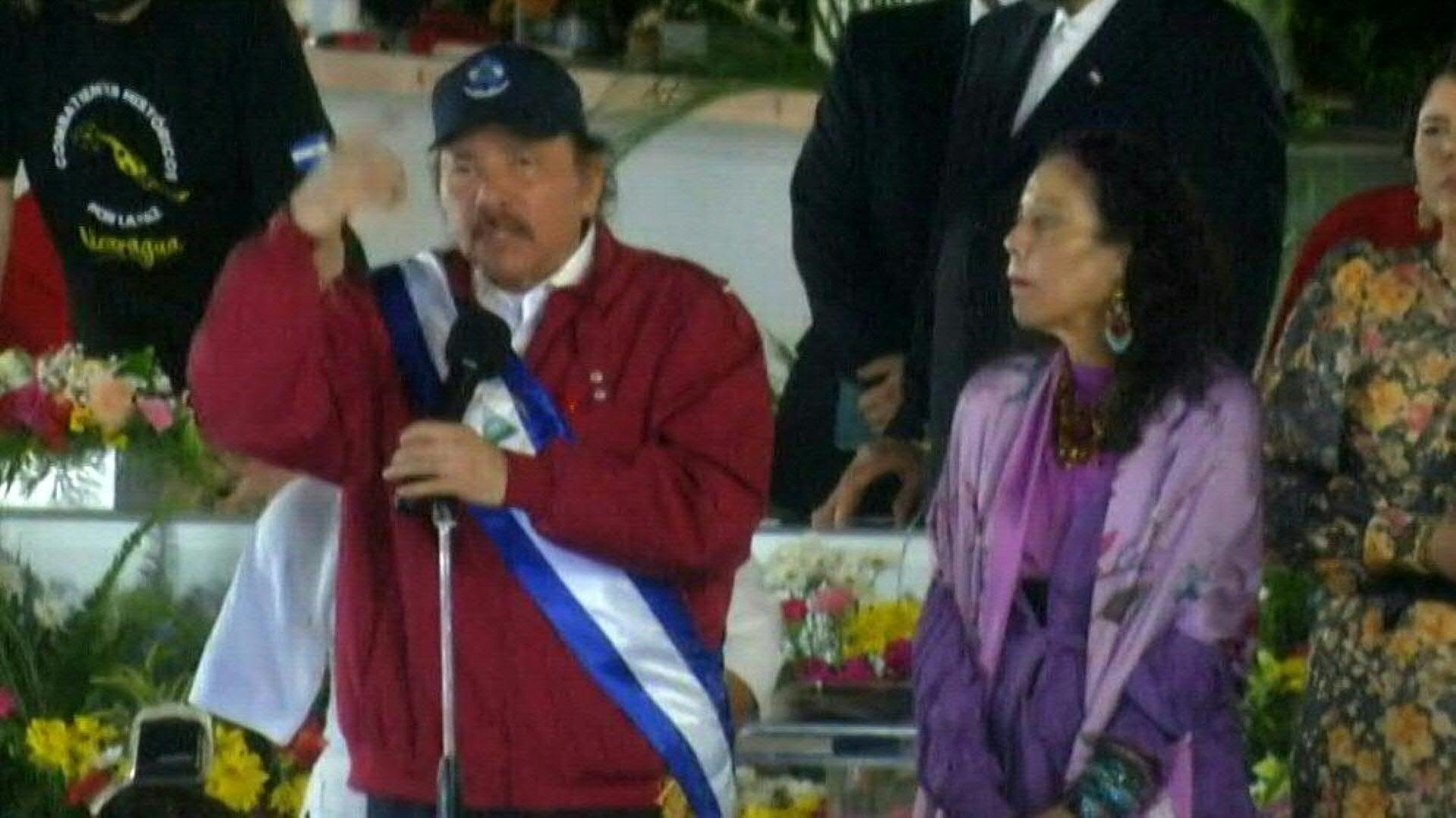In Nicaragua, a Central American country plunged into a latent crisis since the riots of 2018, President Daniel Ortega and his wife-vice-president Rosario Murillo are slowly establishing absolute power like the Ceauşescu or other Ben Alis. After students, NGOs and the media, Sandinista power is now attacking to the Catholic Church, after having imprisoned or forced into exile the other opponents.

“Foreign Agents”
The international community has constantly condemned the regime’s drift. Also on Friday, the Organization of American States (OAS) demanded that the Nicaraguan government stop “harassment and arbitrary restrictions” against NGOs, the media, religious organizations and opponents. She also called for the “immediate release” of political prisoners, whose number is estimated at around 190.

Daniel Ortega’s Sandinista National Liberation Front (FSLN) “is moving from the position of hegemonic party to a single party (…) with the creation of a cult of personality without equivalent currently in Latin America”, adds the analyst and former Nicaraguan MP Eliseo Nunez, also in exile. Over the past year, 46 opponents or simply critics of the government have been arrested and sentenced to terms of up to 13 years in prison. Seven of them wanted to be presidential candidates.
The press was also among the first targets of power: in nearly a century of existence, though marked by the Somoza dictatorship and a bloody civil war, the daily La Prensa had never been closed by the authorities. Its premises were placed in receivership while its manager, Lorenzo Holmann, was thrown into prison. The newspaper is now only present on the internet and its journalists went into exile in July for fear of being arrested. In the name of the law on “foreign agents” of 2020, more than a thousand foundations and NGOs, which were dedicated in particular to the defense of human rights, were declared illegal. Private universities and cultural organizations were closed overnight.

“Sins of lese-spirituality”
The Catholic Church’s television channel was also closed by the authorities, as were radio stations in the various dioceses, like dozens of independent media. In July, the nuns of the Congregation of the Missionaries of Charity, founded by Mother Teresa, even had to leave Nicaragua, expelled as “delinquents”, denounced the Nicaraguan Center for the Defense of Human Rights (Cenidh).
Since August 4, the bishop of Matagalpa (north-east) Rolando Alvarez has been prevented from circulating by the police, symbol of a crisis at its climax with the power which wishes to gag the Catholic clergy after having reduced the opposition practically to the silence. “The government has always wanted a silent Church, it does not want us to speak, to denounce injustice,” Archbishop Alvarez lamented in one of his homilies.
In his speeches imbued with New-Age mysticism, Rosario Murillo thus vilifies the “sins of lese-spirituality” of the Nicaraguan clergy. “One thing is the Gospel of God, another is the actions of men who put on the cassock to play politics”, criticizes the Sandinista deputy Wilfredo Navarro. Sign of the nervousness of power, the police banned a procession planned for Saturday around the cathedral of Managua in honor of the Virgin of Fatima, the district was cordoned off on Friday by the police. In reality, the power of Daniel Ortega and Rosario Murillo “is weak. It only depends on the strength of the police”, judges sociologist Elvira Cuadra.
With AFP
Nicaragua: the Ortega couple establish their authoritarianism

